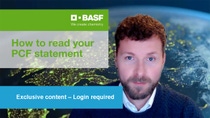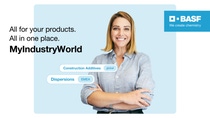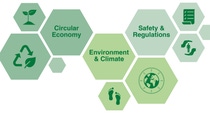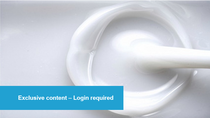MyIndustryWorld
Automotive Adhesives
The automotive industry is changing. Electromobility is on the rise and presents the industry with new challenges.
LASD and interior trim applications
Automobile manufacturers need efficient technologies to reduce noise and vibration in vehicles. Liquid-applied sound damping (LASD) enables manufacturers to apply highly efficient, customizable damping technologies in areas wherever necessary. For interior trim applications, manufacturers require adhesives that supply strong and reliable bonding to the various materials used in the car’s interior, such as plastics, metals, and fabrics – while meeting safety and regulatory standards.
But these challenges also bring opportunities. We at BASF support this trend with targeted adhesive applications. We rely on innovative technology and sustainable production. Explore our products and solutions for lightweight composites, improved cost-efficiency, and emission reduction!
Highlight Products
Discover

Technical Information: Preservation of Polymer Dispersions

Access your PCF data online

How to read your PCF statement

Discover „MyIndustryWorld“ - the new service portal of BASF

Sustainability meets Adhesives
Choose your application:
Contact us
Not found what you were looking for? Reach out to us for assistance.
Subscribe to our News-Service
Don’t miss the latest news on web seminars, sustainability, regulatory and product innovations.









